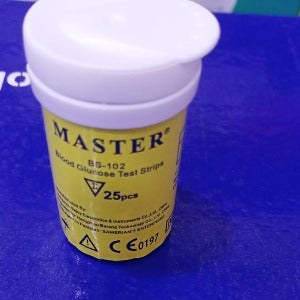It is used to treat a wide variety of bacterial infections. It is an antibiotic that works by stopping the growth of bacteria.
Nausea, vomiting, or diarrhea may occur. If any of these effects persist or worsen, tell your doctor or pharmacist promptly.
It is contraindicated in patients who have had an allergic reaction to it, and it should be used with caution in those who have a history of regional enteritis, ulcerative colitis, or antibiotic-associated colitis.
Before taking clindamycin, tell your doctor or pharmacist if you are allergic to it; or to lincomycin; or if you have any other allergies. This product may contain inactive ingredients, which can cause allergic reactions or other problems. Talk to your pharmacist for more details.
You must finish the entire course of treatment of this drug as prescribed by your doctor. Dont stop taking the drug or skip doses if you start to feel better. Doing so could cause your infection to last longer. You could also develop a resistance to the medication. This means that if you get a bacterial infection again, clindamycin may not work to treat it.
This medication may cause a severe (rarely fatal) intestinal condition (Clostridium difficile-associated diarrhea) due to a type of resistant bacteria. This condition may occur during treatment or weeks to months after treatment has stopped. Tell your doctor right away if you develop persistent diarrhea, abdominal or stomach pain/cramping, or blood/mucus in your stool. Do not use anti-diarrhea products or narcotic pain medications if you have any of these symptoms because these products may make them worse.
For the best effect, take this antibiotic at evenly spaced times. To help you remember, take this medication at the same time(s) every day.
Please consult your doctor when taking this medicine if you are pregnant.




